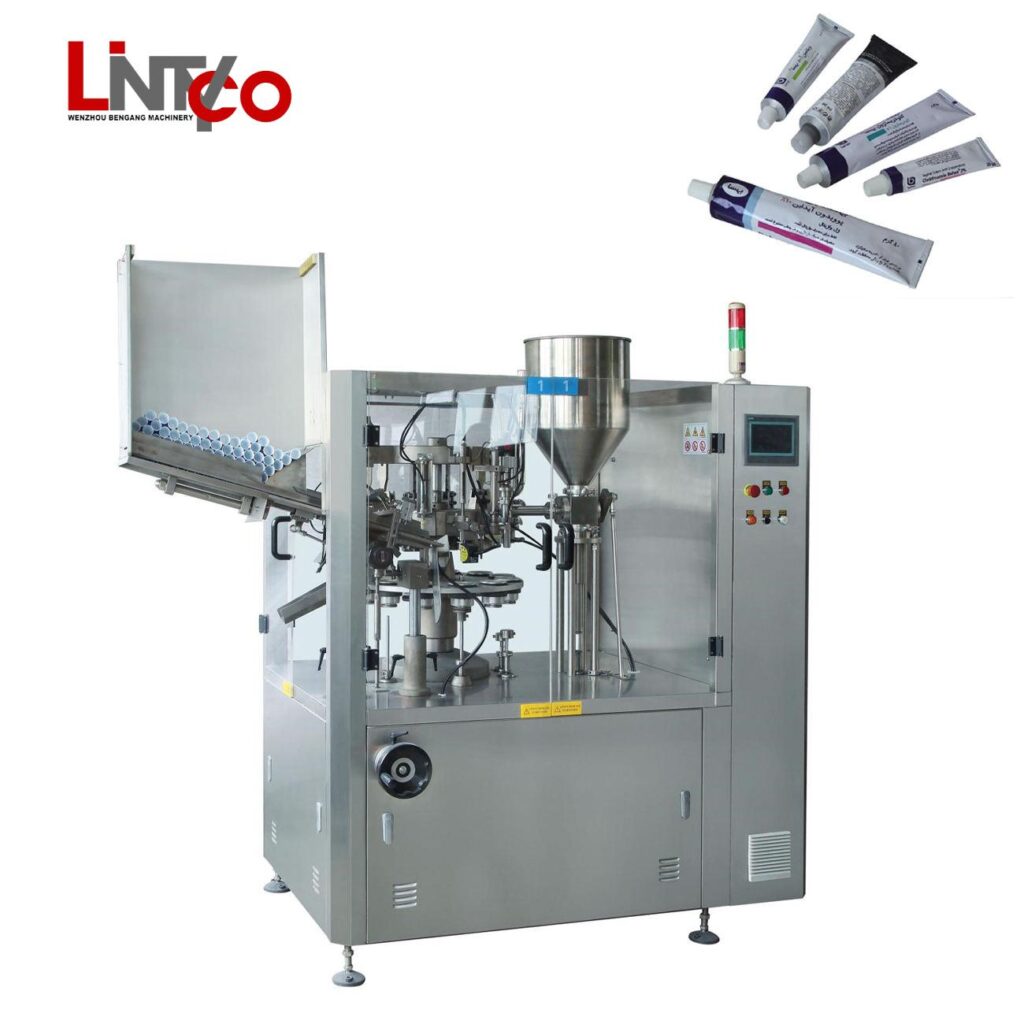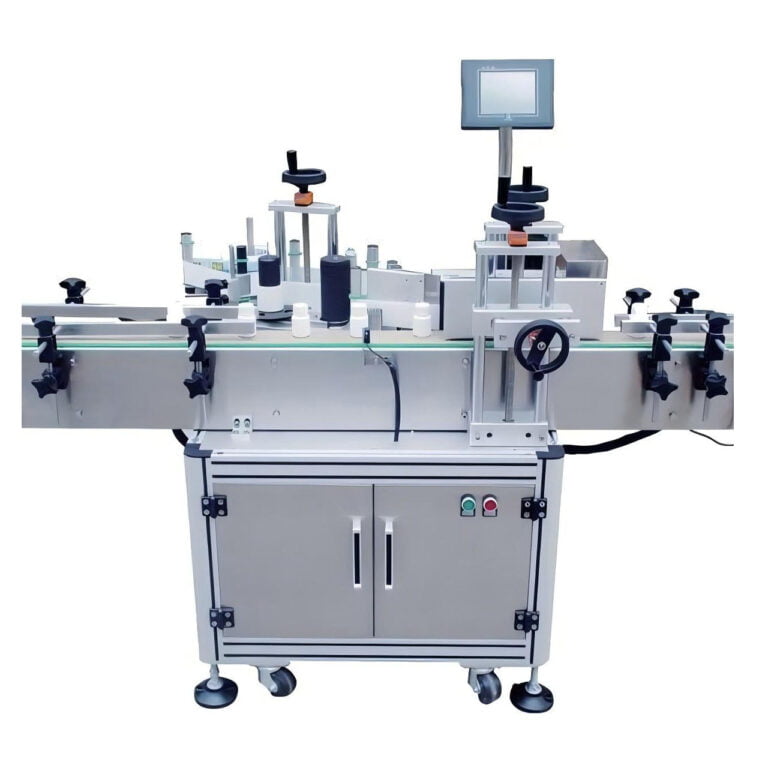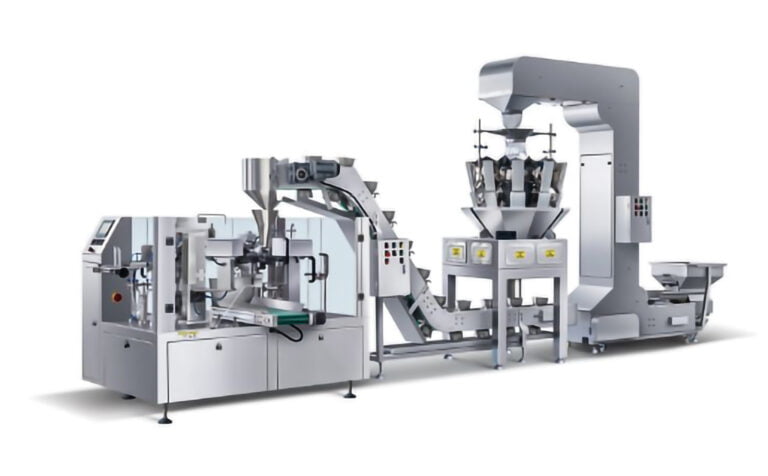
A tube sealing machine/tube filling machine is an essential equipment in the packaging industry, utilized for sealing various types of tubes such as plastic, laminate, and aluminium. This comprehensive FAQ guide will answer all your questions about tube sealing machines, their mechanics, applications, and the factors to consider when purchasing one. With over 3000 words, this guide will provide you with an in-depth understanding of tube sealing machines.

What is a tube sealing machine/tube filling machine?
Tube sealing machines are industrial equipment that secure tubes made of different materials such as plastic, laminate and aluminum. They are employed across industries to guarantee product quality and safety by perfectly sealing tubes.
These machines are applied in the cosmetics, pharmaceuticals, food and chemicals sectors to pack items like creams, ointments, condiments and industrial chemicals inside tubes. Tube sealers ensure contents remain untainted by securely fusing tube layers together.
Tube sealing machines come in semi-automatic and fully automatic variants to meet the needs of different production scales. Semi-automatic sealers require operators to manually load and unload tubes while the sealing process is automated. Fully automatic machines streamline the entire process from start to finish without human intervention, suitable for high-volume production.
What are the different types of tube sealing machines?
Tube sealers come in different variants that use heat, pressure or ultrasonic vibrations to seal tubes of various materials. The level of automation ranges from semi-automatic to fully automatic depending on production requirements and throughput. Key considerations include the tube material and desired production capacity.The main types include:
- Hot air sealing machines: Heat generated by air is used to fuse plastic, polyethylene and polypropylene tubes.
- Ultrasonic sealing machines: High-frequency vibrations create a strong bond between tube layers without heat, suitable for plastic, laminate and aluminum-plastic tubes.
- Hot jaw sealing machines: Heated jaws apply pressure and heat to seal a wide range of materials including plastic, laminate and aluminum tubes.
- Induction sealing machines:An electromagnetic field induces heat within aluminum and aluminum-plastic tubes, forming a tight seal.
- Semi-automatic tube sealing machines: Tubes must be loaded and unloaded manually but the actual sealing process is automatic. Used for smaller production runs.
- Fully automatic tube sealing machines: The entire sealing process from loading to unloading of tubes is automated for high-speed, high-volume production.
What are the primary applications of tube sealing machines?
Tube sealing machines are used across various industries to package a wide range of products. Some of the most common applications include:
- Cosmetics: To seal cosmetic tubes containing creams, lotions, gels and ointments.
- Pharmaceuticals: For sealing medicinal tubes of ointments, creams, gels and toothpaste.
- Food industry: To package food items within tubes like sauces, spreads, condiments and purees.
- Chemicals: To contain chemical products within tubes such as adhesives, sealants and industrial lubricants.
- Personal care: For sealing personal care tubes of shampoo, conditioner and toothpaste.
How do tube sealing machines work?
Tube sealing machines follow a series of steps to seal tubes effectively:
- Tube loading:Tubes are loaded manually in semi-automatic machines and automatically via a feeding system in fully automatic sealers.
- Tube orientation: The machine orients the tubes correctly for sealing, crucial for tubes with specific markings.
- Sealing process: Depending on the machine, hot air, ultrasonics, heated jaws or induction create a hermetic seal.
- Trimming and cooling: Excess material is removed and the sealed area cooled to strengthen the bond.
- Batch coding and inspection: Integrated systems print production data and inspect seals for quality.
- Tube unloading: In semi-automatic machines, operators remove tubes while fully automatic machines use a feeding system to the next stage.
What factors should I consider when purchasing a tube sealing machine?
Before investing in a tube sealing machine, consider the following factors to ensure you select the right equipment for your needs:
- Material compatibility: Choose a machine that can handle the type of tubes you will be using, whether they are plastic, laminate, aluminum, or a combination of materials.
- Productivity: Determine the production speed and scale you require and select a machine that can meet those needs. Consider whether you need a semi-automatic or fully automatic machine.
- Sealing method: Choose a sealing method that is suitable for your tube material and ensures a strong and hermetic seal. Hot air, ultrasonic, hot jaw, and induction sealing machines offer different benefits and limitations.
- Budget: Determine your budget and find a machine that offers the best value for your investment. Be sure to factor in ongoing maintenance, consumables, and spare parts costs.
- Ease of use and maintenance: Select a machine that is user-friendly and easy to maintain, with readily available spare parts and technical support.
- Integration with existing package production lines: If you plan to integrate the tube sealing machine into an existing production line, ensure it is compatible and can be easily integrated.
What are the key features to look for in a tube sealing machine?
When evaluating tube sealing machines, consider the following key features for optimal performance:
Material compatibility: Select a machine that can seal the tube materials you use – plastic, laminate, aluminum or a mix.
Productivity: Determine your production needs and choose a semi-automatic or fully automatic sealer to match.
Sealing method: Pick hot air, ultrasonic, hot jaw or induction sealing based on the tube material and required seal strength.
Budget: Factor in the purchase cost, maintenance, consumables and parts to find the best value.
Ease of use: Opt for a user-friendly machine with readily available support and spare parts.
Integration: If integrating the sealer into an existing line, ensure compatibility and easy integration.
How do I maintain a tube sealing machine?
Regular maintenance of your tube sealing machine is essential for optimal performance and longevity. Follow these maintenance tips to keep your machine in peak condition:
- Clean the machine regularly: Wipe down exterior surfaces and the sealing area to remove residue.
- Inspect for wear and tear: Check sealing jaws, cylinders, sensors etc. for signs of wear and replace parts as needed.
- Lubricate moving parts: Apply lubricant to bearings, gears, chains to minimize friction and wear.
- Check pneumatic and electrical systems: Inspect and test pneumatic and electrical systems to ensure proper functioning and fix issues promptly.
- Schedule routine maintenance: Adhere to the manufacturer’s schedule for smoother operations, including calibrations, alignments and software updates.
What are the common challenges faced while using a tube sealing machine?
Tube sealing machines can encounter various challenges during operation, including:
- Inconsistent sealing: Inadequate sealing temperature, pressure, or dwell time can lead to weak or inconsistent seals.
- Tube misalignment: Tubes that are not properly aligned may result in off-center seals or misaligned print.
- Excessive trimming: Over-trimming can weaken the seal and lead to product leakage.
- Inefficient changeover: Lengthy changeover times can reduce productivity
How can I troubleshoot common issues with tube sealing machines?
Here are some common problems with tube sealing machines and how you can troubleshoot them:
- Leaking seals
Check that the temperature on the heat seal bars is set correctly for the material you are sealing. Proper temperature is critical for a good seal.
Also make sure the heat seal bars are clean. Grease, dust, or debris can cause leaks.
Visually inspect the mechanical operation of the jaws and crimping mechanism. Components may need adjusting or replacing.
- Uneven seals
Uneven seals can be caused by dirt or grease on the heat seal bars. Thoroughly clean the bars.
Check that the crimping jaws are aligned correctly and closing evenly. Adjust or replace if necessary.
The tube itself may be uneven, so inspect the tubes for defective parts or irregularities.
- Slow operation speed
The drive belt may be worn or loose. Inspect and adjust or replace the belt as needed.
Check for gear teeth wear or damage in the drive mechanisms. Replace worn gears.
The heating elements may be degraded, reducing heat-up time. Test and replace defective elements.
- Machine not heating up
Check the electrical connections to the heating elements for loose wires or corrosion. Tighten or replace as needed.
Test the heating elements themselves to determine if they are faulty. Replace any defective elements.
Check the temperature controller for proper operation. Replace if necessary.
conclusion
Tube sealers safeguard the contents of tubes crafted from an assortment of materials by tightly bonding tube layers. Depending on throughput needs, enterprises can opt for semi-automatic or full-automatic machines. Overall, tube sealing provides reliability and security for packaged goods inside tubes. Hope you can choose the suitable tube sealing machine
Lintyco is a pioneer and leader in automated Tube Filling Machines and end-to-end packaging systems. Lintyco’s innovative packaging solutions for food, pharma, and other applications are complemented by advanced solutions for secondary packaging, wrapping & cartoning, bulk packaging, and more. Whether you are looking for a new machine or a complete line, or if you just want to upgrade your current packaging machine, talk to Lintyco. As experts of the industry with over three decades of proven expertise, Lintyco will provide the optimal solution backed by excellent consultancy and support.





